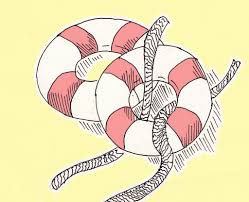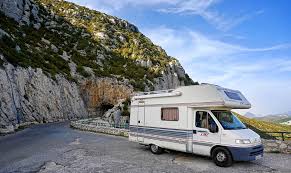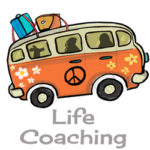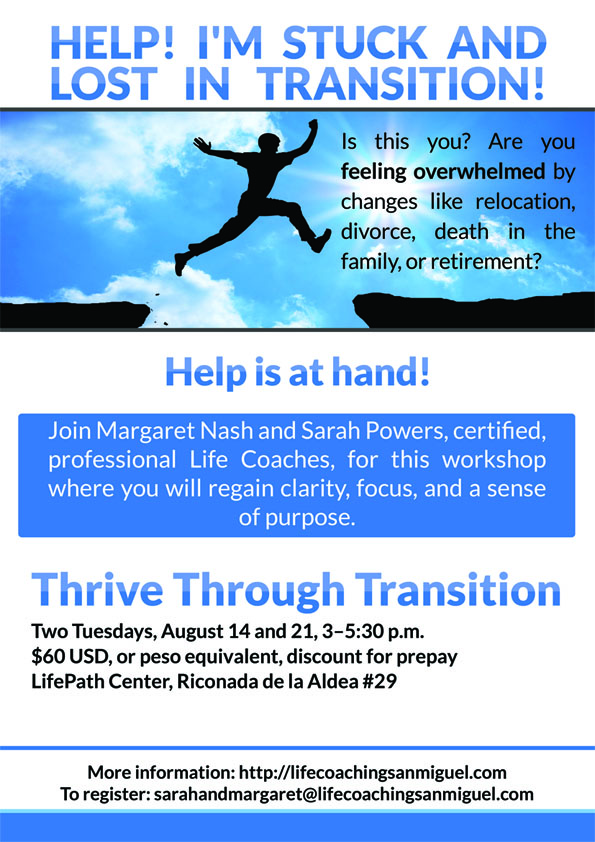
My friend died suddenly—what I needed to know to gain perspective
A friend of mine passed recently. He died suddenly, at age 58, just 2 weeks after his diagnosis of pancreatic cancer. In retrospect the signs had been there for months—stomach pains, extreme fatigue, appetite changes.
He lived in Scotland, and I knew him from years ago when I lived in the UK and we trained together in NLP, hypnosis, and Time-line Therapy, in California. Those were heady days when we were both launching our respective careers in coaching and writing.
We kept in touch and spoke on Facebook Messenger regularly, comparing notes and motivating each other with suggestions and ideas. He had struggled in the past year to get productive, but his health kept interfering. He had been on a rollercoaster of ups and downs.
His death came as a shock. He had so many plans and ideas and creative projects waiting to spring to life. I tried to makes some sense of it, gain some perspective on his passing. My emotions were all over the place and I needed a coping mechanism.
I looked back over the last year and asked myself: when was he happiest during that time, and why?
For some reason this question seemed important. Urgent, almost.
It wasn’t hard to recall. Our conversations always started with, How was your week? When he had been ‘up’ and full of life it was always down to a certain activity.
Following his morning ritual.
His ritual would be to get up at a reasonably early hour, and spend his first hour or so reading something inspirational, journaling, writing his goals for the day, meditating, and exercising. He was a big fan of Hal Elrod and his Miracle Morning prescription for a productive and fulfilling day.
When he was ‘down’, he typically didn’t do any of that. He would lie around in bed until late, crawl out of bed, and rush to his office in a blur of grogginess and disarray.
But here’s the key; if he could make himself do his ritual even on his down days, the effects were tremendous. He had to force himself, but it was always worth it.
His ritual set him up for the day.
Why was this ritual so impactful? How and why did it make his day go better and make him joyful? Simply this; he was in control. The day was not controlling him; he was controlling the day, to the best of his ability. When he felt in control, he was more confident, centered, and productive. It provided an anchor. He frequently said that if he could perform his ritual in the morning, then no matter what else he did, the day hadn’t been lost, and if he didn’t do his ritual, then he struggled to make the day work.
Can you relate? Do you have a morning ritual?
There are few rules to follow. Wake up the same time every day at a reasonably early hour. Do not hit the internet, listen to radio or read emails until you have finished your ritual. It’s your choice what to do but it should be inspirational, centering, motivating. Examples are reading, meditating, exercising, journaling, goal setting.
Since my friend’s passing I have tightened up my morning ritual and made it more organized and automatic, and the positive results have been noticeable; more in control, more balanced, happier with myself.
His death made me even more aware that every day is an opportunity to develop and be of some use, somewhere, to someone. I don’t want to waste my time if I can help it. If a morning ritual can assist that, then I’m all in.
Try Hal Elrod’s book to get you started. https://www.amazon.com/Miracle-Morning-Not-So-Obvious-Guaranteed-Transform/dp/0979019710
His is one of many self-help books available to encourage you. Let me know how you get on.
Take care
Margaret
PS: If you would like help creating and sticking to a morning ritual, I may be your gal. You can contact me via email for a coaching session and we can get started. I’m into no-fuss, relaxed, affordable coaching, either online or here in San Miguel de Allende.






